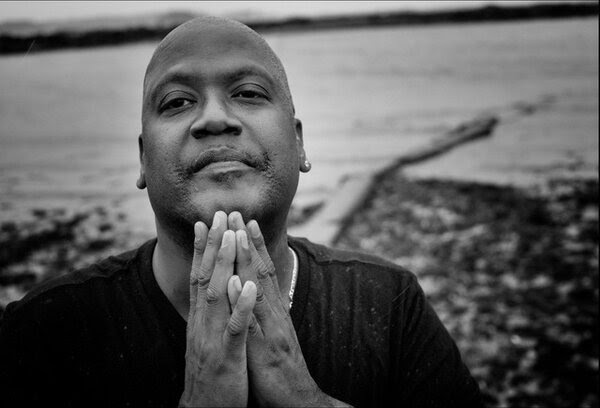This month our nation exceeded 25,000 years lost to wrongful convictions. The human suffering associated with the wrongful conviction and imprisonment of 2,795 innocent people is incalculable. Without the research and reporting of the National Registry of Exonerations (NRE), we likely would not know of or comprehend the truth or implications of this horrific milestone.
The report, “25,000 Years Lost to Wrongful Convictions” released today quantifies the reality of a justice system making its most egregious error: convicting an innocent person. The NRE defines an exoneree as a “person who was convicted of a crime and later officially declared innocent of that crime, or relieved of all legal consequences of the conviction because evidence of innocence that was not presented at trial required reconsideration of the case.”
The NRE has focused on exonerations since 1989. Here are a few highlights from the report:
• On average, each exoneree spent more than 8 years and 11 months in prison before release. Black exonerees spent 10.4 years in prison on average, whereas white exonerees spent an average of 7.5 years. Averages alone do not immediately reveal, for example, that 183 people spent 25 years or more in prison before they were exonerated of crimes they did not commit.
• Innocent Black defendants served a majority of the prison time, 14,525 of the 25,004 years at the writing of the report.
• Governments have paid more than $2.9 billion in compensation, and yet more than half of the exonerated have received nothing.
As with the NRE’s research on racial identification among the wrongly convicted, the work of reporting and studying every known exoneration in the United States since 1989, has shined light on injustices that can accompany wrongful conviction.
Racial and economic injustice shows up in exoneration research. Ronnie Long, convicted of a 1976 rape he didn’t commit in North Carolina, spent nearly 44 years in prison before his exoneration in 2020. The report notes, as the NRE does in every exoneration, what contributed to his wrongful conviction. In Mr. Long’s case, the contributors were “official misconduct, mistaken eyewitness testimony, perjury, and false forensic evidence.”
The injustice of excessive sentencing is also revealed in exonerations. Lawrence Martin spent nearly 19 years in prison for the non-violent “crime” of possession of a knife with a locking blade. Sentenced under California’s “Three Strikes” law, he got a life sentence for possessing this knife. According to the report, the California Supreme Court “ruled that police and prosecutors were applying an overly broad definition of a locking blade. In effect, Martin had committed no crime at all.” He was exonerated of this non-crime in 2020.
The injustice of not being compensated for the loss of freedom, opportunity, reputation, pursuit of happiness, etc. due to the state’s error or misconduct is also addressed in the report, which references the work of Professor Jeffrey Gutman of the George Washington University Law School. Professor Gutman has conducted a comprehensive study of the compensation received by those in the exoneration registry.
The number of years lost to wrongful convictions is staggering but, in fact, an understatement. The report stresses that this calculation refers to only those exonerations we know about. ”The vast majority of false convictions go uncorrected and therefore are never counted.” The milestone does not include large group exonerations prompted by evidence of systemic official misconduct, nor the time spent in custody before trial.
In addition to including five noteworthy cases, the report concludes by noting the continuing trend of the establishment of conviction integrity units (CIUs), often in prosecutors’ offices, that are tasked with reviewing and reinvestigating case with credible claims of innocence. There are now 85 CIUs, mostly in large cities but also now statewide in six states.
The report notes that since the death of George Floyd on May 25, 2020, “our criminal justice system has been the focus of intense — and well-deserved — scrutiny,” concluding that reducing wrongful convictions, correcting the state’s past wrongs, and recognizing the state’s responsibilities to the wrongfully convicted both financially and in other support, are important components of reform efforts.
























